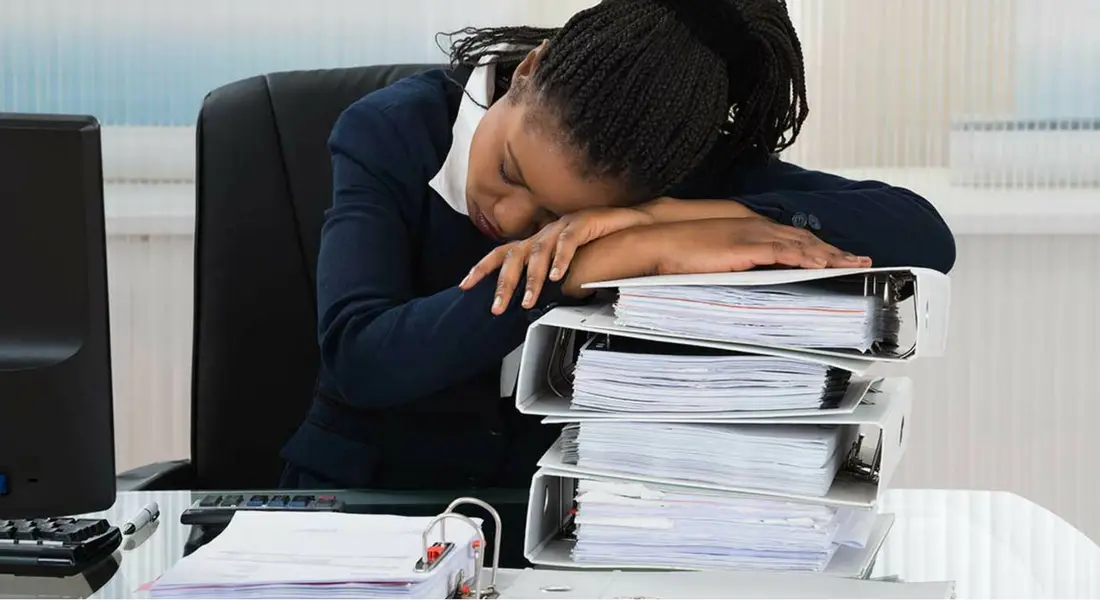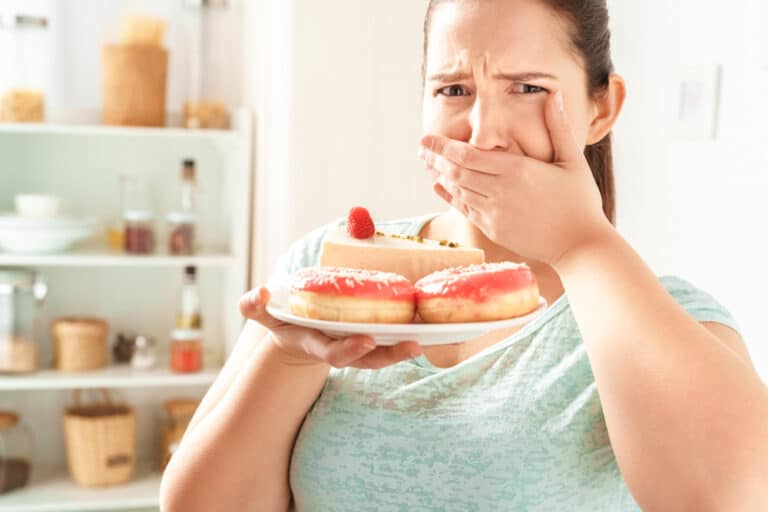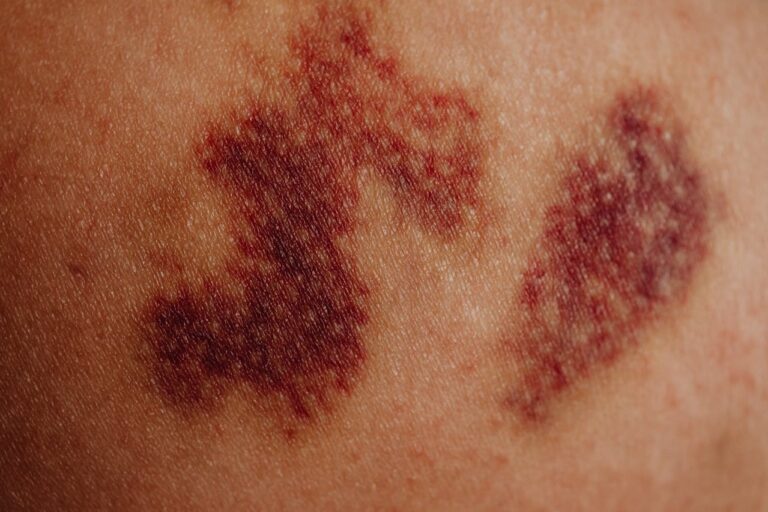When you’re low on energy, it can be difficult to get through the day.
Performing even simple tasks at work, home, school, or elsewhere seem harder than they should. They seem like a drag. It takes a toll on your mood, which only further reduces your energy levels. It saps your motivation to get things done—including making constructive changes to turn things around. So you can get trapped in a cycle of low energy and drive.
As I doctor, I know how hard it can be to get to the bottom of low energy levels in a patient. Fatigue is a symptom of pretty much everything. Sometimes, other symptoms provide essential diagnostic clues, but so often, people just say they feel tired or drained all the time. In these cases, low energy is more likely to be the result of lifestyle choices than disease.
If you chronically feel like you just don’t have the energy you should, here are 10 common causes:
- You’re overweight. This is probably the leading cause of low energy levels. Excess pounds—particularly to the point of obesity—are a sure way to make your body feel sluggish. Plus, being overweight typically indicates a poor diet and lack of exercise, which themselves figure into this list.
- You eat too many simple carbohydrates. There are good carbs and bad carbs, and most Americans eat way too many of the latter. Refined grains and simple sugars cause spikes and crashes in your blood glucose levels that ultimately leave you feeling wiped out.
- You don’t get enough physical activity. Exercise may tire you out, but it’s also essential to generating energy. If you lead a lethargic lifestyle, you simply won’t feel energized. Consult your doctor about starting and gradually building up a fitness routine.
- You don’t sleep enough—or well enough. If you’re not getting at least 7 hours of restful sleep each night, your energy levels are bound to be low through the day. Try improving your sleep hygiene, and if that doesn’t work, talk to your doctor about your difficulties (and ask about sleep apnea if you snore—it’s potentially dangerous).
- You rely on artificial energy boosters. If you’ve gotten into the habit of having three cups of coffee every morning, you’re likely to experience rebound fatigue later in the day. Energy drinks do this to you too, plus most have lots of added sugar that bring us back to number 1 above.
- You’re stressed out and not coping. Stress has lots of causes, from work to kids to money problems to life crises and more. To keep up your energy and general health, you need to deal with it in positive ways like exercising, doing yoga, playing a sport, meditating, getting a massage, finding time for an enjoyable hobby, and so on.
- You’re depressed or suffering from a mood disorder. Depression, anxiety, and destabilized mood are common causes of low energy levels. Many of the same things that help you cope with stress can be of benefit, but these are serious conditions, so please see a mental health professional for diagnosis and treatment if you suspect something along these lines is going on.
- You have a nutritional deficiency. Any nutrient deficiency can leave you feeling sapped. Iron-deficient anemia is a common culprit, as are deficiencies in B-complex vitamins, potassium, or magnesium. If you don’t eat a well-rounded diet comprised of whole foods, including fruit, vegetables, lean proteins, and whole grains, you may not be getting enough of one or more nutrients you need to sustain high energy levels.
- You’re experiencing medication side effects. If you take any medications (or supplements), check out the side effects. Fatigue shows up often. Also, many medications interfere with sleep; see number 4 above. Talk to your doctor about adjusting your prescription dosage or whether there are alternative to try.
- You have a hormonal imbalance. Various hormones play important roles in energy production. Too little or too much of them may be the root of your problem. An underactive or overactive thyroid, adrenal gland dysfunction, pregnancy, menopause, and hormone replacement therapy are some examples of why hormone levels may be off.
Originally posted on www.JasonMD.com
Dr. Jason Littleton, America’s Energy Doctor

Jason Littleton, MD is a board-certified family physician offering convenient concierge healthcare. He emphasizes personal attention, prevention, and smart lifestyle choices for optimal health, wellness, energy, youthfulness, longevity, balance, and happiness. He encourages patients to eat nutritiously and focus on fitness, providing clear, practical, personalized guidance for doing so in our busy lives.
Dr. Littleton earned his MD from Michigan State University College of Human Medicine and a BS in Biology from the University of Michigan. In 2010, he received National Doctor’s Day Recognition from the Practitioner Excellence Committee for “compassionate and excellent care” of patients at St. Mary’s Hospital in Grand Rapids, MI. He also received the Resident Teacher Award as a family medicine resident. Today, Dr. Littleton serves patients in the Orlando area.
Additionally, Dr. Littleton is CEO of WellSpring Human Energetics, author of WellSpring: The Energy Secrets to Do the Good Life, an in-demand motivational health speaker, and frequent guest commentator on national television programs and in national print publications.
Learn more about Dr. Littleton at www.jasonmd.com











 Subscribe to Ask Dr. Nandi YouTube Channel
Subscribe to Ask Dr. Nandi YouTube Channel









